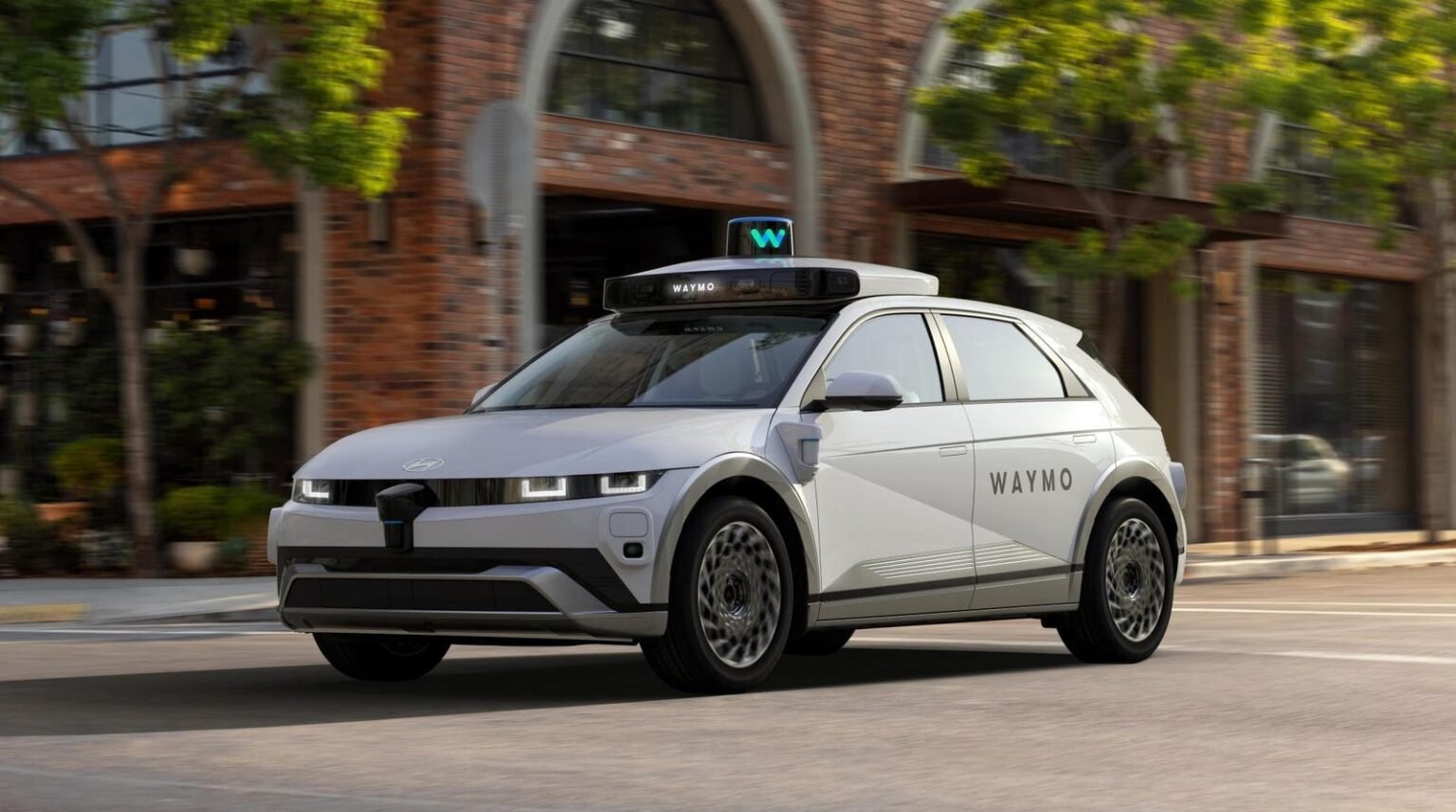Waymo, the leading robotaxi service in the U.S., has signed a multiyear agreement with Hyundai Motor to add electric Ioniq 5 hatchbacks to its fleet starting next year. These vehicles will be built at Hyundai’s new plant in Georgia and outfitted with Waymo’s self-driving technology in Detroit and Phoenix. Financial details of the agreement have not been disclosed, but the move is seen as a way to cut costs for Waymo’s operations. The Ioniq 5’s base price of $42,000 is significantly lower than the cost of the Jaguar I-PACE SUVs currently in Waymo’s fleet.
Reducing costs is crucial for Waymo to achieve profitability, especially as it rapidly expands its service area. With more than 100,000 paid rides a week in Phoenix, San Francisco, and Los Angeles, Waymo is also planning to launch commercial rides in fully autonomous vehicles in Austin and expand to Atlanta by 2025. The new Hyundai deal comes at a time when Waymo is facing challenges in sourcing electric vans from China due to new tariffs imposed by the Biden Administration on imported Chinese autos.
Despite potential obstacles, Waymo remains committed to its vision of deploying autonomous vehicles across different platforms. The company is testing Zeekr models from Geely Automobile Holdings in the U.S. and continues to explore options for expanding its fleet. The agreement with Hyundai not only benefits Waymo but also aids Hyundai, which had previously planned to launch a robotaxi service using Ioniq 5s through its investment in Motional, a U.S. autonomous tech company.
Waymo’s co-CEO, Dmitri Dolgov, emphasized the company’s strategy of building a generalizable driver that can be deployed across various platforms and form factors. The partnership with Hyundai is a significant step towards achieving this goal and expanding Waymo’s reach in the autonomous vehicle market. With plans to start testing Ioniq 5s next year, Waymo is poised to further solidify its position as a leader in the commercial robotaxi industry. The potential for growth and innovation in this sector is promising, as companies like Waymo and Hyundai continue to push the boundaries of self-driving technology.












